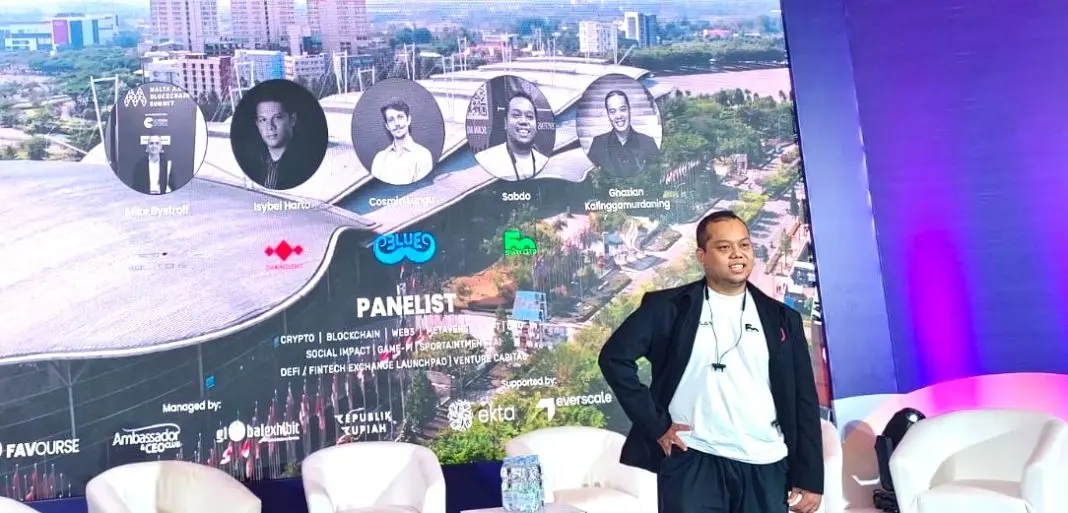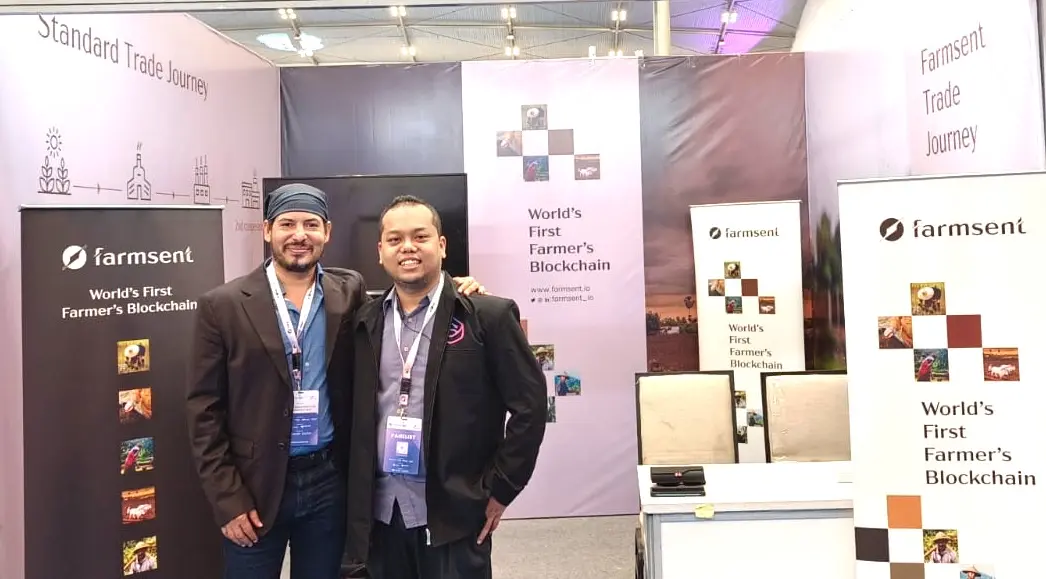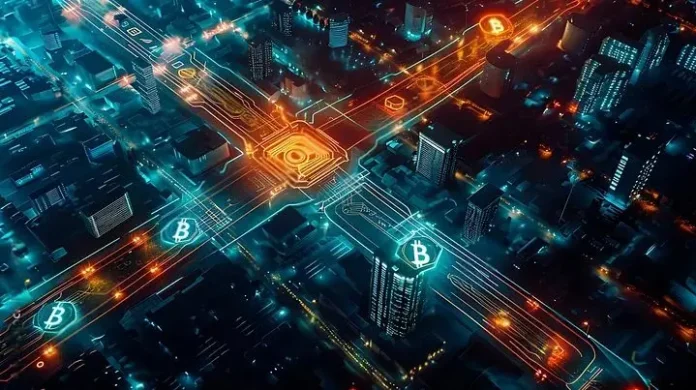THE REGULATORY SHOCK THAT CHANGED EVERYTHING
On 5 June 2025, President Prabowo Subianto signed Government Regulation (PP) Number 28, a major shift in Indonesia’s digital landscape. This is not just another bureaucratic refinement; it is the breaking down of regulatory barriers that have stifled blockchain innovation in recent years. For the first time, smart contracts, tokenisation, and NFTs are out of the legal grey zone and recognised as legitimate economic tools.
Vice President Gibran Rakabuming’s statement on this matter is also very clear. In a Youtube show uploaded not long ago (watch here: PP 28/2025: Government Steps to Build a Secure, Inclusive, and Sovereign Digital Ecosystem), he said that blockchain will be a new future to protect Indonesian people.
“It opens the doors for small store (warung) owners, farmers, and village cooperatives to build a financial system that cannot be changed with just a few lines of code,” he said.
The statement is no longer wishful thinking as coffee farmers in Garut can now issue NFT-based harvest certificates, and batik artisans in Solo can create token-based loyalty programmes overnight. The era of blockchain being exclusive to the tech elite is over.
Today’s regulations, which only regulate digital asset trading issues, have turned into an adaptation of blockchain technology that can be utilised by many parties.

WHEN VILLAGE ECONOMIES BECOME DIGITAL LABS
Forget Silicon Valley…..
Indonesia’s real blockchain revolution is developing in rice fields and fishing villages. PP 28/2025 turns every coffee shop into a fintech startup and every fishing boat into a data node.
Indonesia Real World Assets Tokenisation Association (IRWATA) through Farmsent.io has designed a farmsent village. Through this, blockchain technology becomes the backbone of data input to a comprehensive commodity dashboard containing land data, harvest time, soil type, and other information.
The data can be used for land cultivation using drones, then crop distribution data, to smart contracts that allow farmers to get capital from the tokenisation results.
This year, farmsent intends to pilot three villages in Indonesia that have cocoa, mango and palm oil commodities. Especially for palm oil, it is a continuation of what has been developed in Malaysia.
“More than just technology, this is a vibrant and dynamic community, where farmers are empowered with cutting-edge smart tools and essential knowledge, from precision farming to better market access strategies. This collaborative village ecosystem directly improves their collective well-being through higher yields and lower costs. Simultaneously, FAV meticulously fosters a healthier and more sustainable planet by encouraging eco-friendly practices and resource efficiency, ensuring a prosperous future for all,” said Yog Shrusti, CEO of Farmsent.

IRWATA’S GUERRILLA WAR AGAINST DIGITAL INEQUALITY
While large corporations are obsessed with virtual land in the metaverse, IRWATA is utilising blockchain as a weapon against economic injustice. Their mission? Breaking down three barriers: regulatory confusion, technical intimidation, and access inequality.
Let’s say we build an MSME Blockchain, a walking laboratory that reaches 3 million MSMEs by 2026. Imagine a modified food truck arriving at a night market, where the raw materials are sourced directly from farmer groups.
Nearby, a former motorbike mechanic runs a smart contract to automate loan repayments for a modified food truck, each payment from a customer earns a loyalty token and is recorded in the DAO ecosystem of the shock market, making it an ecosystem for promotion that can be used sustainably, as well as a potential partner for franchising or just catering orders.
Tokenization is not the end of blockchain implementation, but rather to arm transparency against loan sharks, fake pesticides and supply chain thieves.
This is why the RWA blockchain is important. And today, the rest of the world is still waiting for proof of realisation of the unification of blockchain with the real world, and Indonesia has the opportunity to be a leader in this proving ground competition.
THE INEVITABLE INTERSECTION
PP 28/2025 is not just a policy document, it is a declaration of war on economic stagnation. The real test begins now.
Are we building a new playground for crypto speculators? Or ignite the world’s most radical financial inclusion experiment?
As Vice President Gibran put it, “In the midst of the global digital revolution, Indonesia took a strategic step by issuing Government Regulation Number 28 Year 2025…” The tools are in place. The regulations have been set. The question remains-whose side do you stand on? Are we ready to play a role?
The application of IRWATA’s blockchain solution to more than 80,000 Koperasi Merah Putih in Indonesia can actually be a solution to guard against corrupt practices and help facilitate a more structured business model that can be calculated in business valuation, thus enabling these cooperatives to get capital or sources of income outside of the APBN / APBD.
The question will always be the same, with the existence of PP 28 of 2025, does Indonesia dare to innovate in the field of digital finance as a whole?
By Sabdo Yusmintiarto, The Head of Indonesia Real World Assets Tokenization Association (IRWATA)




